The London School of Economics and Political Science announces that the 2004 Lakatos Award, of £10,000 for an outstanding contribution to the philosophy of science, goes to:
Kim Sterelny (Victoria University in Wellington), for his book Thought in a Hostile World: The Evolution of Human Cognition (Blackwell, 2003).
The central idea of the book is that thought is a response to threat. Competitors and enemies make life hard by their direct physical effects. But they also make life hard by eroding epistemic conditions. They lie. They hide themselves. They seem other than what they are.
Sterelny uses this and related ideas to explore from an evolutionary perspective the relationship between folk psychology and an integrated scientific conception of human cognition. In the process, he examines how and why human minds have evolved. The book argues that humans are cognitively, socially, and sexually very unlike the other great apes, and that despite our relatively recent separation from their lineages, human social and cognitive evolution has been driven by unusual evolutionary mechanisms. In developing his own picture of the descent of the human mind, Sterelny further offers a critique of nativist, modular versions of evolutionary psychology. This volume will be of vital interest to scholars and students interested in cognitive science, philosophy of mind, and evolutionary psychology.
Lakatos Award Lecture
28 April 2005, 5.30pm
Old Theatre, London School of Economics
The Peculiar Primate
Though by biologists’ standards, humans have only recently diverged from the chimp species, we are very different from them socially, cognitive and sexually. By chimp standards we are talkative, technological, immensely co-operative, only moderately murderous and even relatively chaste. How did we become such exceptionally strange primates? In this talk I develop a view of both the evolutionary mechanisms responsible for our unusual ways: we are group selected, niche altering and adapted to environmental variability rather than to a specific environment. And I also develop a view of the information-processing systems that have made it possible for us to be intelligent as well as co-operative: a view that concedes something to contemporary evolutionary psychology but which places greater weight both on cognitive technology and on the social accumulation of information.




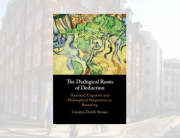

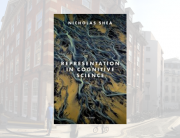
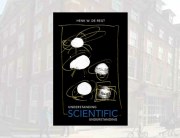

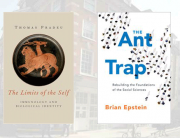

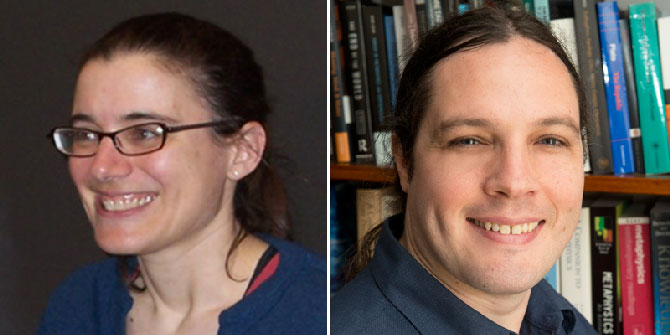
Connect with us
Facebook
Twitter
Youtube
Flickr